Hello, Writers!
As we move further into March, we are reminded that midwinter spring is its own season (to quote T.S. Eliot), and how this time of year presents an opportunity for introspection when it comes to our writing practice. We aren’t suggesting rigid goal setting or forcing productivity but shifting our mindset and habits to make room for fresh ideas, creative ways to engage with language, and to grow as a writer.
One interesting technique for evaluating your writing life is by dividing your focus into two categories: what you’re moving away from and what you’re moving toward. We suggest taking a piece of paper (or you can use a word doc or notetaking app if you prefer to work on your laptop/phone) and drawing a line down the middle. On the left side, write “Moving Away From.” This is where you list the patterns, distractions, fears, or creative blocks that aren’t working for you. On the right side, write “Moving Toward.” Here, you’ll outline the new ideas, habits, risks, and practices you want to cultivate in your writing life. This exercise can help you refine your intentions as you focus on what you want to release, and importantly, what you would like to pursue.
Below are a few examples of what a writer’s “midwinter spring refresh” might look like:
Moving Away From → Moving Toward
Moving away from self-doubt that keeps work in my “in process folder” → Moving toward submitting at least two of my poems per month.
Moving away from over-editing my poems to “perfection” as I write → Moving toward allowing messy, unfiltered, honest first drafts that I can revise later.
Moving away from my fear of being vulnerable and honest in my poetry→ Moving toward embracing the raw, the strange, the deeply personal even if it causes some discomfort.
Moving away from waiting for a big chunk of time to write → Moving toward taking advantage of small moments to jot down lines/stanzas, ideas, or observations.
Moving away from feeling shut down due to my anxiety about the world → Moving toward an ability to channel that anxiety into creative energy.
As poets, we are always in some sort of motion—studying the patterns around us, discovering new obsessions to write about, inventing unique ways to shape language, questioning societal/contemporary norms. Creating a from and toward list is a way to remind ourselves of this constant movement. Consider embracing the spirit of the spring equinox this coming Thursday, as we tilt ourselves toward new energy and possibility in our writing!
HAPPENING TODAY — Ruben Quesada’s Zoom Class at 11 am PST! (You can still register!)
If you’re reading this BEFORE 11 am PST, you can still register and attend Ruben’s class on prose poems—Writing Beyond the Line: Poetic Prose here. If you can’t make in-person today—no worries, we’ll be recording the class and sharing it in next week’s Muse!
ANNOUNCING our NEXT Zoom Class with Susan Rich in APRIL!
We are so excited to welcome Two Sylvias author and award-winning poet, Susan Rich to our Weekly Muse Zoom Series! We will be writing poems about travel with Susan—what a great way to have an in-your-house adventure!
Class Description: The Art and Allure of Travel
Trains, ships, small sun-splashed villages—we will look at travel poems and then write some of our own. Travel might be exploring one neighborhood over or living on a different continent. You'll leave with the seeds of new poems and a wish to pull out your passport. Sunday, April 6 from 4 pm - 5:30 pm PST on Zoom!
If you’d like to get a copy of Susan’s stunning new books, Blue Atlas and Gallery of Postcards and Maps: New and Selected Poems, before the class, you can purchase them from Seattle’s Elliott Bay Books here:
BLUE ATLAS: https://www.elliottbaybook.com/item/n5pvlbKrgJf6Xl4hXpHzwA
GALLERY OF POSTCARDS AND MAPS: NEW AND SELECTED POEMS: https://www.elliottbaybook.com/item/NQQ9I3Qb2ugrbpereLAerw
Susan Rich is the author of six collections of poetry and co-editor of two prose anthologies. Her recent poetry books include Blue Atlas (Red Hen Press) and Gallery of Postcards and Maps: New and Selected Poems (Salmon Poetry). Along with Kelli Russell Agodon, she co-edited Demystifying the Manuscript: Creating a Book of Poems (Two Sylvias Press) and with Brian Turner, she co-edited The Strangest of Theatres: Poets Crossing Borders (Poetry Foundation). Susan's previous poetry books include Cloud Pharmacy, The Alchemist’s Kitchen, Cures Include Travel, and The Cartographer’s Tongue–Poems of the World—winner of the PEN USA Award. A recipient of the Times Literary Supplement Award, and Fulbright Fellowship, Rich's poems appear in the Harvard Review, New England Review, Ploughshares, Poetry Northwest, and elsewhere. Her anthology Birdbrains: A Lyrical Guide to Washington State Birds will be out from Raven Chronicles Press in December.
Poems about The Unseen
This week’s prompts invite us to explore the theme of the “unseen.” The unseen could be anything from a ghost to the scratching sound of a branch brushing against your house, or even the scent of burning toast. As you write, draw on detailed imagery of the “unseen,” but don’t stop there—consider exploring more abstract ideas of the unseen: a memory, the future, the past, or a dream. We have two prompts for you to try this week—try one or challenge yourself with both!
#1. The Ghost Who Haunts My Home Has Anxiety
Write a poem about an invisible presence in your home. This presence could be a ghost that rearranges the books on your shelf, a memory of a passed pet that lingers in their favorite green chair, or a part of yourself that wakes at 2 am with a mind spinning with thoughts. Explore how this unseen “roommate” shapes your daily life. What is felt from this presence? How does it change your home? You may want to use sensory details like sounds, smells, or textures to make the unseen tangible—the knock on the front door only to be opened for no one or the pounding of your beating heart as you wake in the middle of the night from a bad dream. For an extra challenge, include a specific interaction—maybe you leave a note to a ghost and it “responds,” or you sit in the chair a favorite cat once sat in and you reflect on the memory of that loss. Allow the poem to explore your specific story and/or circumstance, moving into any personal memories you have about your home, family, friends, and/or pets.
#2. In the Garden, I Confuse Mourning Doves for Owls
Write a poem about something you can hear but cannot see. This could be the static of a radio signal or the music coming through your headphones. It could be the windchimes outside your window, a robin in a plum tree, or the sound of a washing machine running. Try to bring the reader into the poem by describing the sound to the best of your ability, such as The washing machine whispered to the wet towels—shhhhhh. Consider using onomatopoeia (words that sound like what they are, such as buzz, bark, splash, shhhhhhh, etc.) for literary effect. For extra credit, use at least three of the following words: static, ripple, hum, murmur, hollow, drift, guffaw, mumble, screech, beep, splatter, swish, swoop, wallop. Have fun!
And when you have finished your poem, check out our “Submission Opportunities” below as Potomac Review is focusing Issue 77 on “The Unseen” and is open for submissions. #ProTip: Consider going through any older poems about a memory or a sound to submit as well!
Potomac Review / Deadline: April 1, 2025 (9 pm PST) Theme for Issue 77: The Unseen Poetry Editor: Katherine Smith. Reading fee: 0 Send up to 5 poems. https://potomacreview.submittable.com/submit/44461/poetry-for-special-themed-issue-the-unseen Simultaneous submissions: Yes. JUST OPENED (Short Submission Period!) -- Paying Market! Tinderbox / Deadline: March 15 through March 31st Editor: Lauren K. Carlson / Poetry Editors: Threa Almontaser, Geramee Hensley, & Emily Wolahan Send up to four poems total. Reading fee: 0 (There is a "tip-jar" and they also offer a feedback submission for $7) From the Editors: We are a paying market and pay each contributor $15 regardless of number of poems selected. https://tinderboxpoetryjournal.submittable.com/submit New England Review / Deadline: March 1 - May 1, 2025 Submission Cap! #ProTip: Submit early! (Prestigious opportunity & paying market!) Editor: Carolyn Kuebler Poetry Editor: Jennifer Chang Reading fee: 0 Submit up to 6 poems. Payment for work published in the print journal is $20 per page ($50 minimum), two copies of the issue in which the work appears, and a one-year subscription to the print or e-book edition. You can submit for free if you purchase a subscription or renewal at the time of submission. If the submission fee presents a financial hardship, you can email them. https://newenglandreview.submittable.com/submit Simultaneous submissions: Yes. Lesser-Known Submission Opportunity! Bracken / Deadline: April 30, 2025 Editor: Jed Myers Reading fee: $3 $30 for each previously unpublished piece of writing, $30 per art feature (which may consist of a single or multiple images), and a negotiated rate for cover art. https://www.brackenmagazine.com/submit Literary Citizen / Volunteer Opportunity: Bracken / 2 Readers and a Social Media Manager Wanted! Are you interested in being part of Bracken's staff? We're looking for one or two new readers and a social media manager. Like all our staff, these are volunteer positions. We invite emerging poets, MFA students, or anyone with an interest in the kind of poetry we publish to get in touch at info@brackenmagazine.com The Robert Phillips Poetry Chapbook Prize / Deadline: March 31, 2025 Director: J. Bruce Fuller Editor-at-Large: Taylor Byas Readers: Matthew Tavares and Adele Elise Williams Judge: KB Brookins Reading fee: $20 Submit a manuscript that is no longer than 40 pages. They read blind. The winner will receive a $1,000 advance, a standard royalty contract, and 10 copies of the published book. https://texasreview.submittable.com/submit/1490/the-robert-phillips-poetry-chapbook-prize?step=submission Simultaneous submissions: Yes. Trio House Press' Louise Bogan Award for Excellence in Poetry Looking for Full-Length Manuscripts / Deadline: March 31, 2025 Editors: David Groff, Alliyah Shafer, and Patrick Werle Judge: Randall Mann Reading fee: $25 Submit a manuscript under 120 pages of poetry (excluding title page, table of contents, and all front matter). Eligible poets must reside within the U.S. They read blind. The winner receives $1,000, publication, and twenty books. Note from the Editors: Our marketing strategy depends upon authors living in the United States and actively assisting us in promoting their work. Open to ALL U.S. poets, regardless of publication history. https://triohousepress.submittable.com/submit/307635/louise-bogan-award-for-excellence-in-poetry-2024 Simultaneous submissions: Yes. Trio Award for a First or Second Book of Poems / Deadline: March 31, 2025 Editos: David Groff, Alliyah Shafer, and Patrick Werle Judge: Sierra DeMulder Reading fee: $25 Submit a poetry manuscript under 120 pages of poetry (excluding title page, table of contents, and all front matter). Eligible poets must reside within the U.S. This award is only open to poets with fewer than two poetry books published. Poetry books and chapbooks with ISBNs are considered "books." They read blind. The winner receives $1,000, publication, and twenty books. https://triohousepress.submittable.com/submit/307637/trio-award-for-a-first-or-second-book-2024-25 Simultaneous submissions: Yes. The Orison Prize in Poetry / Deadline: April 1, 2025 Founder and Editor: Luke Hankins Judge: Phillip B. Williams Reading fee: $25 Submit a manuscript of 50-100 pages of poems. They read blind. They say, “Orison Books seeks to publish spiritually-engaged poetry, fiction, and nonfiction of exceptional literary merit. In our view, spiritual writing has little to do with subject matter. Rather, the kind of work we seek to publish has a transcendent aesthetic effect on the reader, and reading it can itself be a spiritual experience. Such work is not merely about spiritual contemplation, but itself leads the reader into profound contemplation. It is not merely about the sublime, but itself has a sublime effect on the reader. It is not merely about the mystery of being, but itself heightens the reader’s sense of the mystery underlying the fabric of our daily lives.” The winner receives $1,500 and publication. https://duotrope.com/duosuma/submit/form.aspx?id=60Y52pW-eyhfu-ErCg79G Simultaneous submissions: Yes. Light Bill Incubator Microgrant for Black and/or Indigenous Writers / Deadline: April 15, 2025 Managing Editor: Krista Cox Reading fee: $0 Submit up to 15 pages of a chapbook in progress along with a brief (no more than 500 words) artist/personal statement. This grant is for Black and/or Indigenous identifying writers with a chapbook in progress. The Light Bill Incubator Microgrant will award $500, a one-week residency at the Sundress Academy for the Arts in Knoxville, TN, and the potential for digital publication to one Black and/or Indigenous writer with a chapbook in progress to support the completion of said project. https://docs.google.com/forms/d/e/1FAIpQLSdPuCNCPrXNYLVd9gXL1gWmT3six_CnRZtWn45a23i8HqXo0g/viewform Simultaneous submissions: Not applicable.
Maya Popa: The Depth of Wonder
TSP: Congratulations on the publication of your stunning second full-length collection Wound is the Origin of Wonder (W. W. Norton & Company, 2022). You hold a PhD on the role of wonder in poetry from the University of London. Could you tell us more about the role of wonder, and how it influences not only your poems but also your writing process?
MCP: Thank you so much for including me in this series and for these excellent questions. I’m endlessly fascinated by the depth of wonder. To wonder isn't merely to feel admiration, and it's not quite to be in awe, either. Wonder is both a noun and a verb; the action form is intimately tied to inquiry ("I wonder..."). But it's also true that wonder makes us wonder. Wonder surpasses our capacity to articulate—that's a generative challenge for poetry. Its etymology is a further nudge towards poetry: it's thought to be a cognate for the old German wunde, or wound (which is why I called the collection Wound is the Origin of Wonder). The sensation of wonder is a sort of breaching. Wonder goes just beyond language; as poets, we follow it there.
I was working on this book during the pandemic. I had no shortage of grief to draw from, but there were also moments of wonder within that—that first spring in lockdown, for instance, that I watched unfold from my window. I'd never looked at trees that closely. I'd never actually watched spring gradually unfurl its buds that way. I wanted to honor that and to capture how we modulate from pain to pleasure, to be really honest and careful about the realities of this human experience, and to deliver them with as much precision and musicality as I could.
But I'm also dedicated to wonder for how it allows us to reconnect and re-enter our lives more deeply, and I believe in the vehicle of the poem to facilitate this. So, wonder isn't merely an aesthetic or literary affect. We all have a fundamental aptitude for wonder, as we do for love. And very much like love, wonder is a vehicle for empathy. Rachel Carson said that “the more clearly we can focus our attention on the wonders and realities of the universe about us the less taste we shall have for the destruction of our race,” which I think is entirely true. She went on to argue that wonder and humility are incompatible with a lust for exploitation. So, if we can approach everything with a spirit of wonder, with an appreciation for the unlikeliness and singularity of human life, we safeguard against the appetite for destruction and violence. For those reasons, wonder is a part of my writing process, yes, but also something I want to cultivate daily.
TSP: In your poem entitled "Disquiet: A Taxonomy," you write, "I worry I’ll only / have words with which / to tell the story of what mostly / occurred outside language...." Do you think poets have a responsibility to move towards what occurs "outside language," and if so, how close do you think a poet can actually get?
MCP: I do think we’re all trying to close the gap between the event, the feeling, its later resonances, and the letters we have available to us in a rather limited number of combinations. As poets, we have language at our disposal to attempt to capture what transpired outside language. But I don’t see this as a tragic impossibility, or even a problem. Not getting it quite right, or not getting it all on the page in a single poem is an opportunity to try again. And we change with the very effort of trying to pin something down in words. Our poems shape us as much as we shape them.
Maya’s book, Wound Is the Origin of Wonder: How do we articulate what’s by definition inarticulable? The state of wonder invites us to ask questions by breaching our understanding. These poems about beauty, desire, nature, and loss consider the relationship between wonder and wound.
Order Wound Is the Origin of Wonder
Author website / Twitter/X / Instagram
Substack Poetry Today:
Maya’s online writing community: The Conscious Writers Collective
Maya C. Popa is the author of Wound is the Origin of Wonder (W. W. Norton) and American Faith (Sarabande). Her newsletter, Poetry Today, is a Substack bestselling publication. She holds a PhD from Goldsmiths, University of London, on the role of wonder in poetry. The Poetry Reviews Editor at Publishers Weekly, she teaches at NYU and runs the online writing community Conscious Writers Collective.
* * * * *
For Questions to the Editors: email any questions you have about writing poems, submitting your work, book contests, etc. to: and we will choose a question to answer every other week!
It’s Hip to be Square
Have you heard of the social philosophy known as “normcore?” The term combines "normal" and "hardcore” and embraces all things unpretentious, ordinary, "boring," and "bland" as a deliberate statement. Normcore started primarily as a fashion term, but it has also been applied more broadly to lifestyle choices—favoring simplicity, rejecting the pressure to be unique, and embracing the ordinary as a manner of personal expression.
For example, you might be an adherent of normcore if you don’t pay attention to fashion trends and labels, having worn the same style of inexpensive loose jeans, chunky sweaters, and loafers year after year. Maybe you keep your décor very simple and functional—not a lot of items on the walls, muted color choices, and no trendy kitchen appliances. Perhaps you are still using the same phone you bought six years ago, you don’t own a smart TV, and you still listen to an old-school radio. For you, a fun weekend with friends revolves around reruns of Gilmore Girls and take-out pizza. You love phrases like “the art of blending in,” “monotone cool,” “radical normalcy,” “hyper ordinary style,” and “cult of the everyday.”
Inspired by normcore, we have created a few writing exercises which apply this aesthetic/philosophy so that you can produce some remarkably unremarkable pieces!
1. The Power of Plain: Write a poem or micro-fiction story about an extremely “normal” or “boring” object or event in your daily life. Avoid embellishment and “fancy” language—treat your subject with precision and simplicity. For example, write about a gas station receipt, a glass of water, a house key, a bath towel, a spoon.
2. The Poetics of Practicality: Write a poem in which each stanza simply states facts or gives instructions. Avoid metaphors and symbols as you stay grounded in the gritty details. Here are a few possible openings: You will find the parking lot behind the school; Milk expires faster if left in the refrigerator door; The bus stops here every twenty minutes; Turn key to start car engine.
3. The Jerry Seinfeld Monologue: Write a poem or short prose piece in which the most minor, seemingly insignificant event becomes the entire subject. Write in the first person (I) and fight the urge to be profound. Consider the following as a subject: the way people hold their phones in public; dust gathering on a figurine in a china cabinet; pens and pencils disappearing in couch cushions, bread burning on the lowest setting of the toaster.
4. Murmuring in Monotone: Write a short poem where the speaker reacts to and conveys information with total neutrality. No extremes—nothing is particularly moving or interesting. For instance, in a “regular” poem, you might write—The sunset was an explosion of violet and orange across the sky. In your normcore version, you might write—The sun went down like it always does. Some colors happened.
Have some fun with this exercise! Of course, don’t have too much fun as you want to stay undramatic and minimalist. Once you have tried several of the exercises listed above, consider how you can revise your humdrum material so that your remarkably unremarkable writing becomes remarkable.
Trash Talk
In the early 1970s, Stephen King was a struggling writer, working as a high school teacher and selling short stories to magazines to make ends meet. He had an idea for a novel about a bullied girl with telekinetic powers, but he quickly became frustrated with his first draft. He felt that he didn’t understand the female experience well enough and that the story wasn’t working, so he threw the pages into the trash. His wife, Tabitha, found the discarded pages in the garbage, retrieved them, and read what he had written. She saw potential in the story and encouraged him to keep going. Tabitha also helped him flesh out the female perspective, which was crucial to the novel’s success. Carrie was published in 1974 (after 30 rejections!), launching King’s writing career.
Subscriber News and Inspiration
Kelly Terwilliger writes to us to share this good news: “I got a phone call from the UK yesterday saying I’d won first prize in their international contest! I was just hoping to get a poem on a bus on Guernsey. And that was my first thought—yay! A poem on a bus. But first prize! And £1000! I’d completely forgotten the potential prize money. What a delight! I’m trying to see now if I can make it to their poetry festival. Thanks again for posting the contest and inspiring me to send off some poems!” —We are so happy for you, Kelly! Incredible news (and prize money!) Congrats! Warmly, Kelli & Annette And for those who don’t know, this prize was originally listed in our November 17, 2024 Weekly Muse: Issue 133 as a “Unique Opportunity To Have Your Poem on a Bus in the Channel Islands!”
Erin C Murphy writes: “I’m pleased to have this micro lyric essay published in Airplane Reading. They take CNF up to 1,000 words related to air travel.” You can read Erin’s micro-essay “Adult Son” here.
Karen Keefe-Guzikowski writes: “Great thanks to Poetry as Promised Magazine, EIC Florence-Susanne Reppert for including my poem, "What Kinds of Books Does Your Father Read," in the People of Influence Issue.” You can read Karen’s poem here.
Jennifer Karp writes: “Thanks Cathexis Northwest Press for taking a chance on my poem ‘Autopsy.’” You can read Jennifer’s poem on page 15 here. Jennifer also writes: “Thanks to the San Diego Poetry Annual for publishing my poem ‘Poetry Tantrum.’” You can learn more about the San Diego Poetry Annual here.
Mary Lou Buschi writes: “Happy to see "I Saw a Girl" in Verse Daily today.” You can read Mary Lou’s poem here.
Cynthia Pratt writes: “I am so humbled that while I didn’t win Third Wednesday’s Annual Poetry Contest, the judge, Marilyn Taylor, has singled out [my] poem, “An Egg Almost Called Death,” as a poem of Special Merit: Your poem is one of just three cited with that honor. Thank you, Marilyn Taylor and Third Wednesday magazine for such an honor. The poem is now up on their website this March 7.” You can read Cynthia’s poem here.
_____
We would also love to share your successes in the Weekly Muse. Please send along any publication good news to:
Please consider joining our private group of Weekly Muse members on Facebook in order to share your thoughts on writing, your poems, your challenges, your successes, etc. Request to join here:
Consider Taking an Artist Date
As we end this week’s Muse, we’re thinking about artist dates and how beneficial they are in filling us up as poets and how they can often inspire poems. Julia Cameron, in The Artist’s Way, describes these dates as intentional solo excursions to nurture your creative spirit. For poets, these dates are a chance to refill your well of inspiration, to reconnect with the world around you, and maybe even stumble into some synchronicity!
What might an artist date look like for you? An artist date can be ANYTHING. It does not have to cost a lot of money or involve a long trip. Maybe it’s just wandering through a used bookstore or visiting an art galley. It could be a trip to an antique store or a walk through a garden where you notice the details of what’s blooming and what’s not. Maybe there’s a museum exhibit you’ve been meaning to visit or perhaps it’s something simple, like sitting in a favorite café and eavesdropping on fragments of conversation—maybe letting these words find their way into your poems. As you can see from the image of the journal notes above, someone believes that “decluttering a cupboard” can be an artist date! Who knows, maybe a poem will be inspired by what you find in your cupboard or perhaps decluttering gives you the headspace to let your mind wander.
The magic of an artist date is that it can be anything, but it’s entirely for you. It’s not about productivity or immediate results—instead, an artist date is about feeding your creativity and inviting the unexpected into your life. These artist dates can also be a gentle reminder that inspiration can be found wherever you are. Maybe your date will move you out of your comfort zone or turn a normal day into something a little magical—this can happen just by being present and paying attention!
There is a beautiful sentence that has been misattributed to William Butler Yeats but gets to the heart of synchronicity—The world is full of magic things patiently waiting for our senses to grow sharper. Some poets and creative folks keep a journal to record synchronicities which happen on their dates. For example, on your artist date, you may walk into a bookstore after thinking about a friend you haven’t seen in years—and there she is! Or maybe after writing a poem in a coffeeshop with a line from Emily Dickinson you wander into your local Goodwill and find an Emily Dickinson mug! The fun thing about synchronicities is the more you start paying attention to them, the more they happen—which can create a sense of connection, suggesting that there is a deeper and meaningful direction to our lives.
So this week, maybe set aside time for an artist date—whatever that might be for you!—and see what happens. You may enjoy it so much that you want to make them monthly or weekly. Until next time, may you find inspiration in the world. . .
Now Open: The Two Sylvias Press Annual Chapbook Prize!
Prize: $1000 and chapbook published as print book, 20 author copies, and an amethyst depression glass trophy (circa 1930).
Judge: Ellen Bass / Deadline: May 31, 2025
If you have a chapbook manuscript of 17 - 24 pages, consider sending it to our annual chapbook prize! All poets are welcome to submit and international submissions welcomed. Collaborative manuscripts are also welcome.
Past winners: Cecilia Woloch, Jasmine An, Lena Khalaf Tuffaha, Hiwot Adilow, Stella Wong, Christopher Salerno, Meg Griffitts, Saul Hernandez, Majda Gama, Andrew Robin, and Zachary Kluckman.
View the full guidelines on our website: https://twosylviaspress.com/chapbook-prize.html
********
Watch our most recent Weekly Muse Zoom Series Classes by clicking on the links below:
Luisa A. Igloria: A Food and Memory Poetry Workshop (February 2025)
Carolyn Forché: Poetry, Process, & Conversation (January 2025)
Lana Hechtman Ayers: Writing “After” Poems (December 2024)
Gloria J. McEwen Burgess: Crafting a Children’s Picture Book (November 2024)
Danusha Laméris: An Evening with Danusha Laméris (October 2024)
Lena Khalaf Tuffaha: I Begin Again With the Smallest Numbers Poetry Class (September 2024)
Jane Hirshfield: Revision and the Creative Process (July 2024)
Past Zoom Classes: Kelli Russell Agodon—Generating New Poems; Jeannine Hall Gailey—The Art of Promotion & PR for Poets; Maggie Smith—You Could Make This Place Beautiful with Poetry; Susan Rich & Kelli Russell Agodon—Demystifying the Manuscript; Diane Seuss—Modern Poetry; January Gill O’Neil—Line by Line: The Practice of Revision; Susan Rich & Diane Seuss—Reading & Conversation; Jane Wong—Shadows of Limes and Roses: Memory and Synesthesia in Poetry

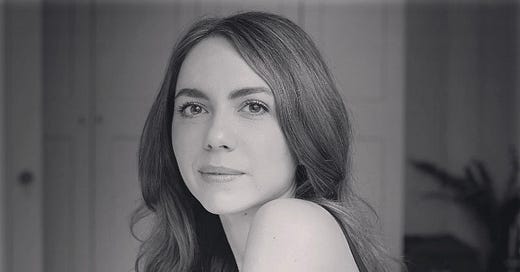



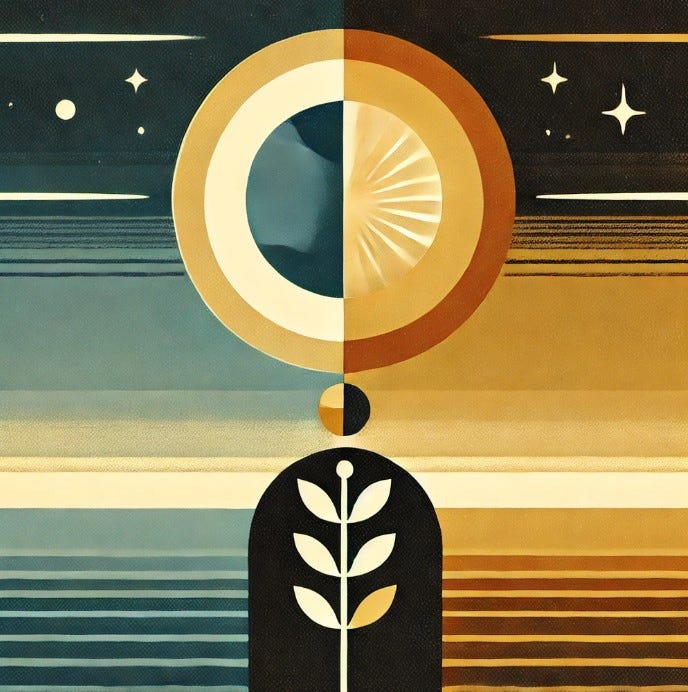

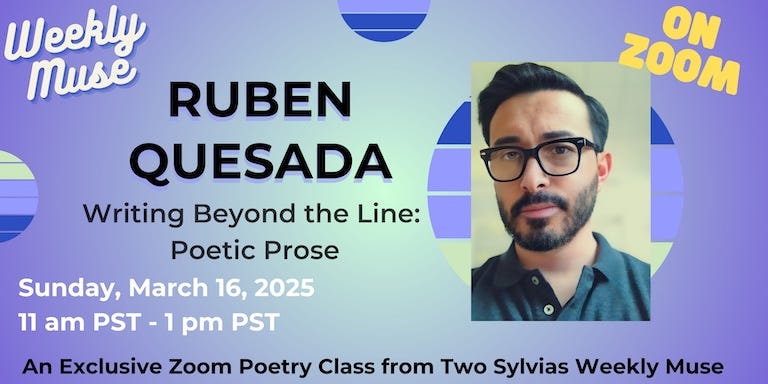
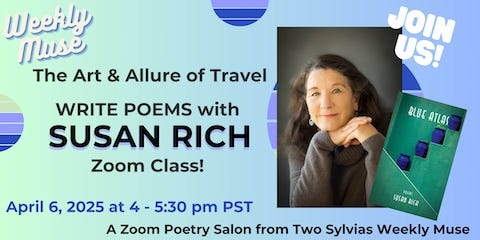









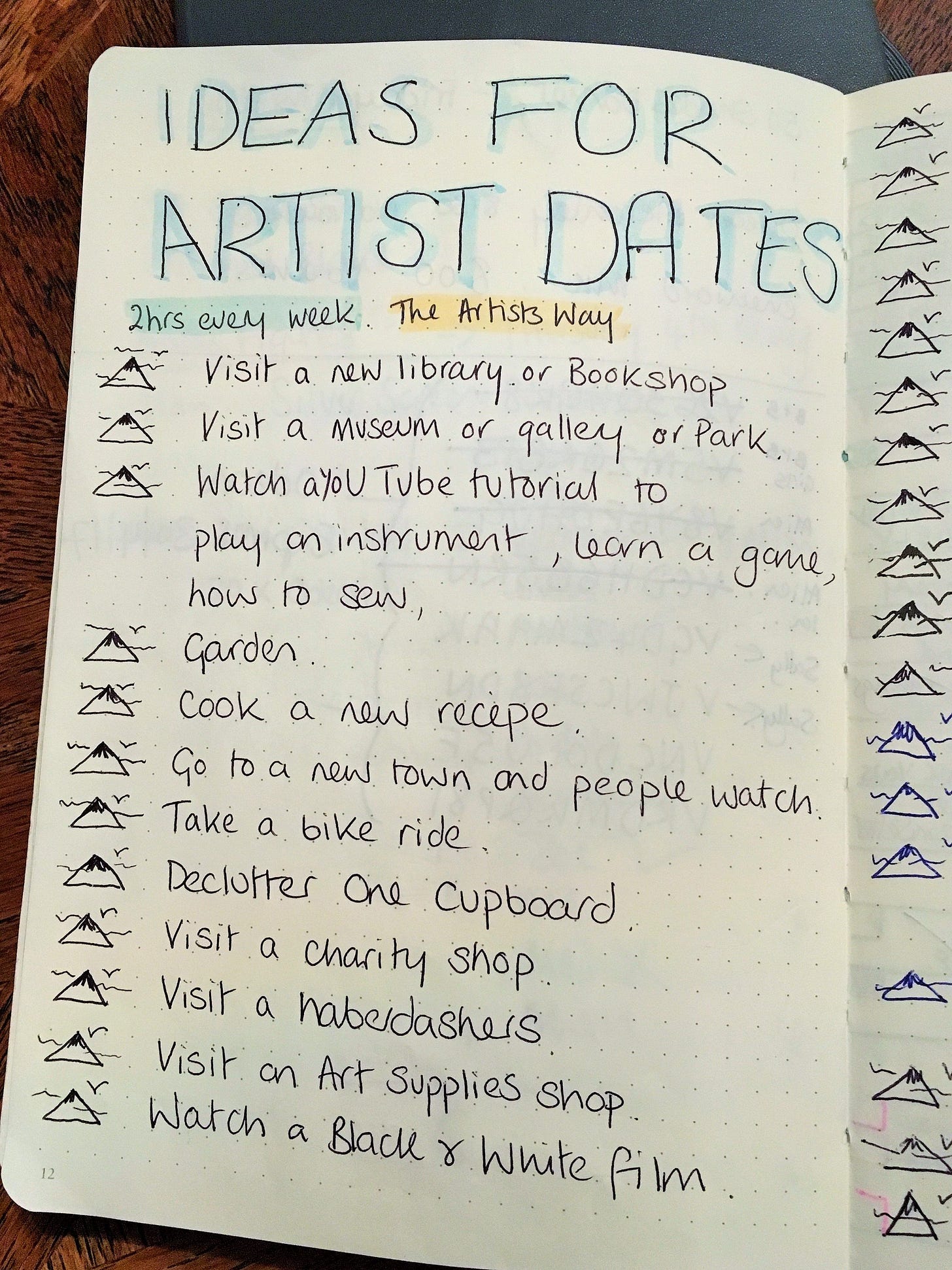

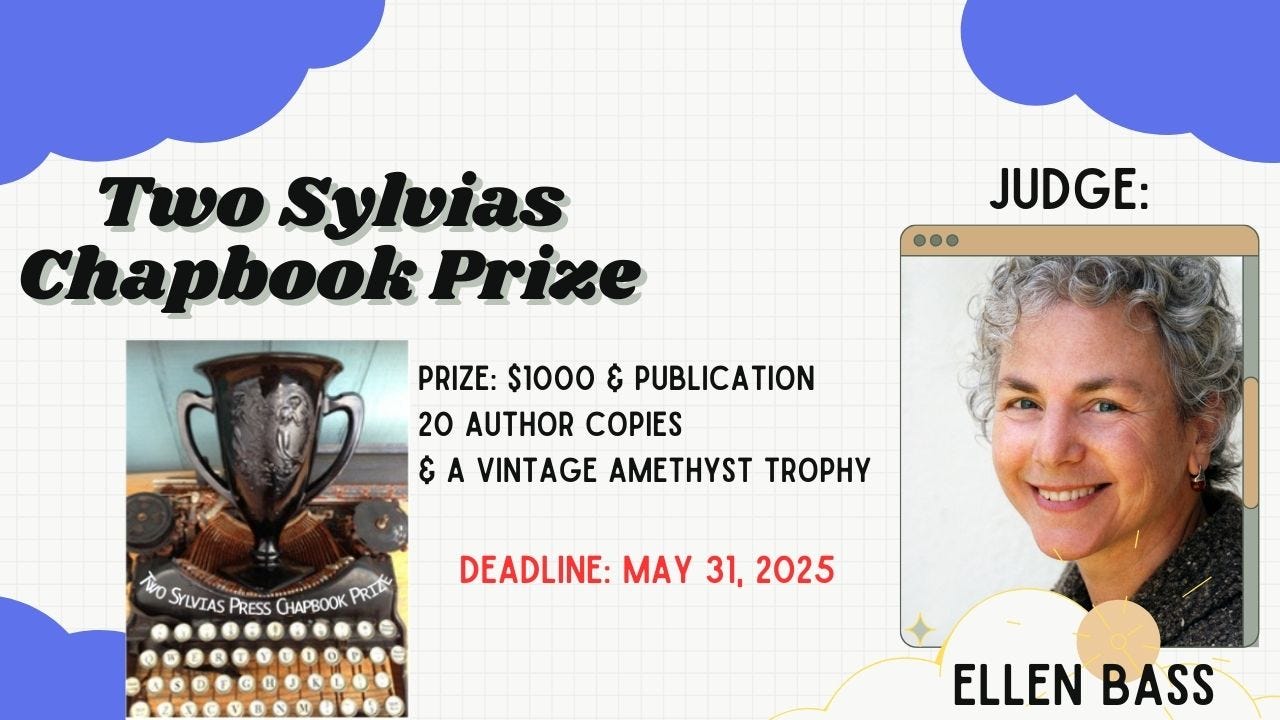

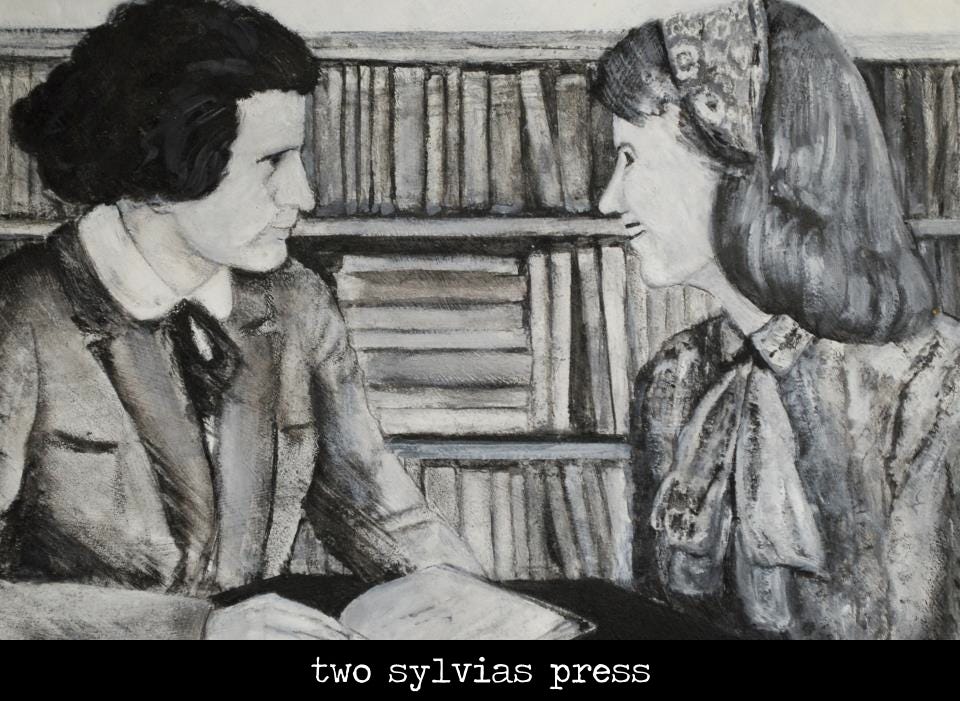
As poets, we are always in some sort of motion—studying the patterns around us, discovering new obsessions to write about, inventing unique ways to shape language, questioning societal/contemporary norms. Creating a from and toward list is a way to remind ourselves of this constant movement.